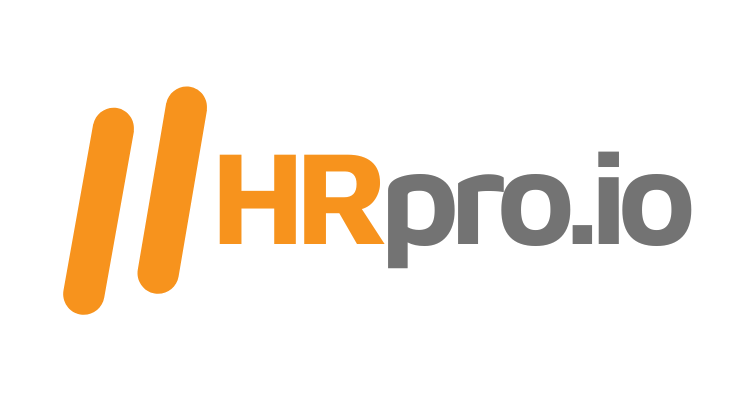In the current financial landscape, many organizations are grappling with the challenge of rising healthcare costs. For Chief Financial Officers (CFOs), this issue is not just a line item on the budget; it’s a significant concern that can impact the overall financial health of the organization. One innovative solution that CFOs should consider is self-funding.
Self-funding, or self-insurance, allows companies to pay for employee healthcare costs directly rather than relying on traditional insurance plans. This approach can lead to significant cost savings and greater control over healthcare expenditures. By self-funding, organizations can tailor their healthcare strategy to fit their unique needs, which is particularly beneficial in today’s diverse workforce.
The self-funding model empowers CFOs to design benefits plans that align with their financial goals while providing quality care to employees. Instead of paying fixed premiums to an insurance carrier, organizations set aside funds to cover expected medical claims. This means that if claims are lower than anticipated, the organization retains the savings, which can be reinvested into the business or used to enhance employee benefits.
Moreover, self-funding allows for better data analytics, enabling CFOs to track healthcare utilization and identify trends. This insight can lead to more informed decision-making and proactive management of healthcare costs. For instance, if data reveals that a significant portion of claims is related to chronic conditions, the organization can implement targeted wellness programs to address these issues, ultimately reducing future claims.
However, self-funding is not without its challenges. Organizations must have a solid understanding of their employee demographics and healthcare utilization patterns to make informed decisions. Additionally, self-funding requires a robust administrative framework to manage claims and ensure compliance with regulations. This is where partnering with a knowledgeable benefits consultant or broker can be invaluable.
In conclusion, self-funding is a strategic move that can lead to enhanced financial efficiency and a more engaged workforce. By taking control of healthcare expenditures, CFOs can not only save money but also create a benefits plan that meets the specific needs of their employees. As healthcare costs continue to rise, exploring self-funding may be the key to achieving long-term financial stability.

Recent Comments